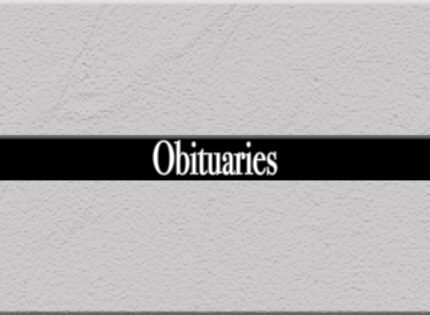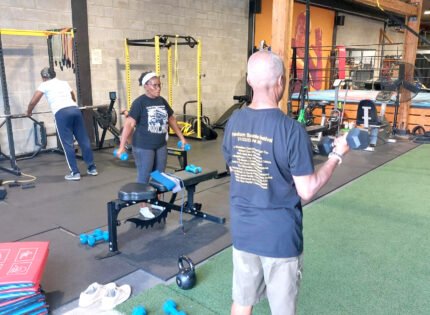Clarence Bayne
Carl Whittaker, a family friend and fellow community developer has passed away at the age of 79. But he has left behind a legacy of being the father of the Black Community Council of Quebec and its Canadian integrationist Pan-Africanist brand of community development.
Carl came to Montreal in 1966. I met him in 1967-68 as an undergraduate student in sociology at Sir George Williams University Campus. It was a time of great change in the Black Communities around the World. There were bold challenges to the oppression of Blacks in North America and Africa. In Montreal, on the Sir George and McGill campuses, the debate was fierce as Blacks searched for a response that wandered between the non-violence strategies of Ghandi and Martin Luther King to the politics of approaches such as freedom by any means necessary, and even to the Maoist specific of “freedom by the barrel of a gun.”
When I met Carl I was engaged in what was described as the conservative side of the struggle in Canada; I was engaged in the creation of the National Black Coalition of Canada, which chose the Ghandi and King approach, but incorporated a radical transformative operational approach to community development within a multicultural Canadian policy for nation building. We used the energy and insights of C.L.R James, Stokely Carmichael, Malcolm X, but non-violent change and rebuilding strategies of king to make the case for Blacks.
When Carl described his “Communology” development strategy to me in 1968, at the Monkland Tavern over beers, peanuts and a Montreal Canadian game on TV, I immediately tried to recruit him into a the national movement to create a federation of Black Canadian organizations (NBCC). He promised his support, but made the choice to focus on the development of a strong united Black community in Montreal and Quebec.
This is what he had to say to me: “When I came to Quebec in 1966 there was one organization that existed in the entire community that had any kind of capacity to deliver services on a consistent basis. That was the Negro Citizen Association.” But, as he pointed out, NCC was caught in a situation of a rapidly expanding Black population due to immigration from the Caribbean and Africa, and had no capacity to deal with the complexity of the new needs. It became clear to him that a single structure could not address the new fundamental and regional needs of Blacks.
He decided that it was impractical to meet the new and more complex needs “without some deliberate re-organization, expansion and fundamental change both in philosophy and structure.”
On the issue of political and social philosophy, this is what he had to say: “I have been trying to tell these people for 12 years, it has nothing to do with radicalism. It has nothing to do with revolutionary politics, it has to do with common sense… it must follow logically that if the community has expanded from 6000 in 1960 to approximately 100,000 living in different regions outside little Burgundy that one organization located in Little Burgundy cannot serve all these different regional needs.”
He was always quick to point out that we are addressing the fundamental human and psych-social needs of Blacks (people of African ancestry) and that those needs exist no matter what our politics, religion, island or country we come from. Thus, after a number of beers and fist full of peanuts at the Monkland Tavern, NDG, and a debate that took place over a number of weeks between several community leaders in key agencies, most specifically with the NCC Board of Directors, the Whittaker “Communology” development strategy was launched as a pan-black program, independent of religion, country of origin, gender, etc. It was systematically expanded through well-designed outreach programs specific to the regional needs of Cote des Neiges, NDG, LaSalle, Laval, the West Island, and the South Shore, and facilitated by specialist services provided by the Quebec Board of Black Educators, the Black Studies Center, the Black Theatre Workshop, and the Central Administration of the BCCQ.
The BCCQ did join the National Black Coalition of Canada in 1970. Over the period 1970 to 1995 the Black Community in Montreal was united in voice under the leadership of Carl Whittaker as the cofounder and Executive Director of the BCCQ. The BCCQ had a coordinated community development strategy that traced its historical links to the NCC, the UNIA and the earlier leadership. And we respected those links.
Unfortunately, the community has not known such a unity of voice or mutual respect since then.
Carl, we can only hope the Black Community Forum based on the principle of “collaborative unity and existential responsibility” bring us back to that practical common sense that you promulgated back then. We thank and remember you.















